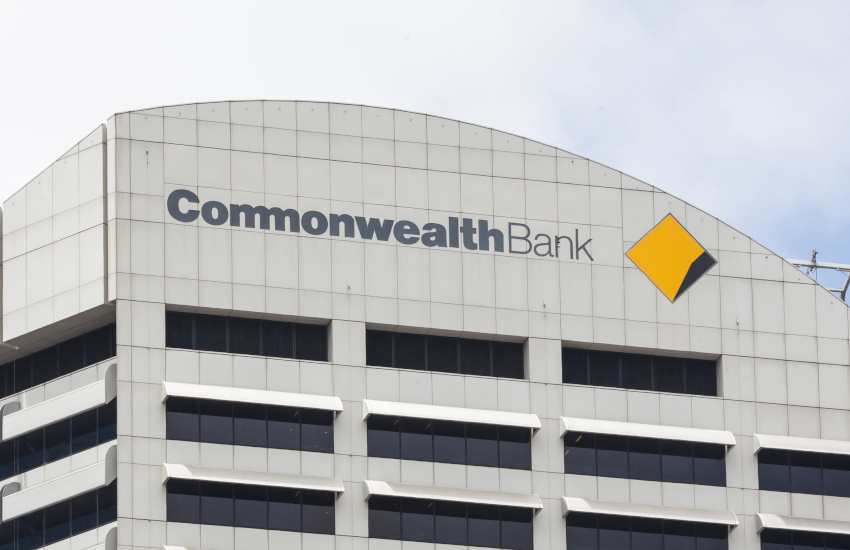CBA admits to further failures with super product distribution
The royal commission has heard details about a series of mystery shops conducted at CBA branches identifying compliance concerns with general advice and the distribution of superannuation products.
Colonial First State general manager of distribution Peter Chun fronted the commission to answer questions about the Commonwealth Essential Super product and its distribution, intrafund advice and revenue paid from the fund to the bank under a revenue-sharing agreement.
Mr Chun told counsel assisting Michael Hodge that Colonial First state undertook a series of mystery shops to ensure any risks with the provision of general advice on its superannuation products in CBA branches were addressed.
The commission heard that the first mystery shop was undertaken by KPMG in 2013 and found that 85 per cent of shoppers were not provided with a general advice warning or given a financial services guide.
It also found that 40 per cent of shoppers were not provided with a PDS and that 95 per cent of customers service representatives did not follow the application process in detail. Mr Chun confirmed the results of this were not provided to ASIC till 2014.
A second mystery shop was then conducted in December 2013 and a third in September 2014.
Mr Chun told the commission that in the first mystery shop conducted, only 20 branches had delayed sales training.
“These results were concerning and we immediately took steps to send out communications and videos to all branches and all staff to specifically focus on following the sales approach,” he said.
Mr Chun said while there was an improvement in the second round, he conceded there were again areas where general advice warnings weren’t given or financial services guides weren’t provided.
“However, when we analysed the 45 sales we were satisfied that they were not areas that we had concerns with. One example being FSG, not giving an FSG. Many of these customers were CBA customers so there's actually an exemption because it was CBA's FSG,” he said.
“So even though the outcome was high in terms of not actually meeting that, when we analysed the specifics, it actually was not an important element of that particular sale, but notwithstanding that. Off the back of the first two mystery shops, we made further changes to the sales approach, particularly around the need to have a general advice warning.”
In July this year, CBA accepted an enforceable undertaking from ASIC regarding the distribution of its superannuation products, following concerns ASIC had about the provision of personal advice by its branch staff.
Mr Hodge also questioned Mr Chun about the revenue arrangements that the super fund has with CBA.
“It would be impossible under FOFA for a superannuation fund to enter into an agreement with a financial adviser where they will agree to pay 30 per cent of revenue to the financial adviser if the adviser provides personal financial advice to a member of the public, and that leads to the member of the public going into the fund,” Mr Hodge noted.
“[So does it seem strange to you] for a fund to pay 30 per cent of its net revenue to a bank to recommend to a member of the public or attempt to suggest to a member of the public that they should join the fund?”
Mr Chun maintained that the arrangement the fund has with the bank was “fair and equitable”.
“This was a new product, a new distribution model, so the trustee felt the fairest way to determine a fee to pay the bank was on the basis of costs incurred,” he stated.
Mr Hodge interjected, suggesting the payment was part of a revenue-sharing arrangement.
“It's revenue sharing in terms of the basis of the payment being expressed as a percentage of revenue. However, the way that was determined was on a fair cost model because it was a new offering, a new distribution model. The trustee felt this was the fairest and most equitable way to strike a fee arrangement with the bank,” said Mr Chun.

Miranda Brownlee
Miranda Brownlee is the deputy editor of SMSF Adviser, which is the leading source of news, strategy and educational content for professionals working in the SMSF sector.
Since joining the team in 2014, Miranda has been responsible for breaking some of the biggest superannuation stories in Australia, and has reported extensively on technical strategy and legislative updates.
Miranda also has broad business and financial services reporting experience, having written for titles including Investor Daily, ifa and Accountants Daily.








